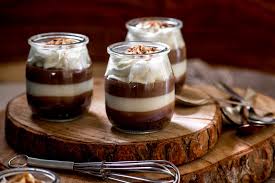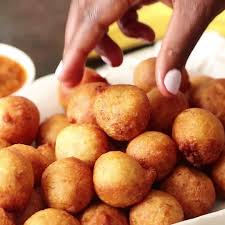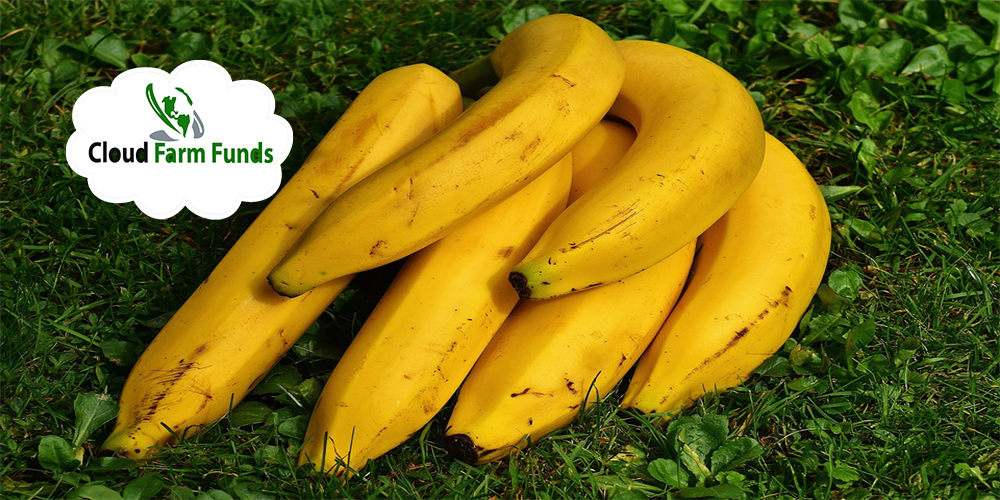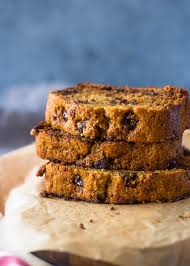I remember back then in school when a bowl of rice cannot be empty without dicing my bananas on it. Then I never knew the usefulness of what I consumed, all I knew was that it tastes nice and I needed to be full to keep me going for the day.
Today we dive into the banana world as we thought it’s wise enough to help you know the health benefit of the fruit we take and how they help nourish the body rather than just been delicious in our meal.
Bananas are edible fruit – botanically a berry produced by several kinds of large herbaceous flowering plants, not trees scientifically called “Musa”. Capable of reaching a height of 30 feet but generally much shorter than that, these plants have stalks made of leaves that overlap one another like a celery not woody trunks like trees. As the plant grows the leaves sprout from the top of the plant like a fountain, unfurl and drop downwards like palm fond. In some countries, bananas used for cooking may be called “plantains” distinguishing them from dessert bananas.
Bananas is the Fruit cultivated around the world, the fruit famous and used widely as part of the food, the Banana is healthy and tasty, there are hundreds of types of Bananas that variable in taste, size and colors.
The Production of Bananas increased from decades and every year variations in total production of each country. Banana is the fourth largest production among the main food crops after Rice, Wheat and Maize. Ecuador, Costa Rica and Colombia are the largest exporter of bananas, there is around 17 million tonnes of Bananas exports worldwide. Now, you see the need to invest in Agriculture………… Make a farmer smile by sponsoring our opened farm-shop today here.
Generally, it is agreed that bananas originated in Southeast Asia and the South Pacific around 8000 to 5000 BC. Bananas are believed to have been the world’s first cultivated fruit. From Southeast Asia, the fruit was brought west by Arab conquerors and then carried to the New World by explorers and missionaries.
Health Benefit of Banana
- Bananas are rich in fiber, antioxidants and several nutrients which includes Vitamin B6, Vitamin C, Magnesium, Copper, Net carbs, Fiber, Protein, Fat.
A medium-sized banana has about 105 calories.
- Bananas can help moderate blood sugar levels after meals and may reduce appetite by slowing stomach emptying.
- Bananas are fairly rich in fiber and resistant starch, which may feed your friendly gut bacteria and safeguard against colon cancer.
- Bananas may aid weight loss because they’re low in calories and high in nutrients and fiber.
- Bananas are a good dietary source of potassium and magnesium — two nutrients that are essential for heart health.
- Bananas are high in several antioxidants, which may help reduce damage from free radicals and lower your risk of some diseases.
- Depending on ripeness, bananas harbor high amounts of resistant starch or pectin. Both may reduce appetite and help keep you full.
- Unripe bananas are a good source of resistant starch, which may improve insulin sensitivity. However, more research is needed.
- Eating a banana several times a week may reduce your risk of kidney disease by up to 50%.
- Bananas may help relieve muscle cramps caused by exercise. They also provide excellent fuel for endurance exercise.
- Bananas make an excellent snack food, dessert or breakfast. Their versatility makes them easy to add to your diet.
6 recipes of Bananas you want to try out!!!
* Banana Milo Pudding:

* Banana Cake Bread:
* Banana Ice Cream:
* Fried Coconut Bananas:
* Banana bread & butter pudding:
* Banana Puff Puff

Did we leave anything out? Let us know what else you know about bananas using the comment box below.
Have you invested today? if no, direct to our farm shop to sponsor a farm here
Contact us for more inquiries here











